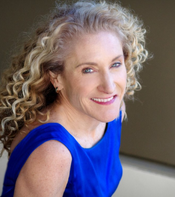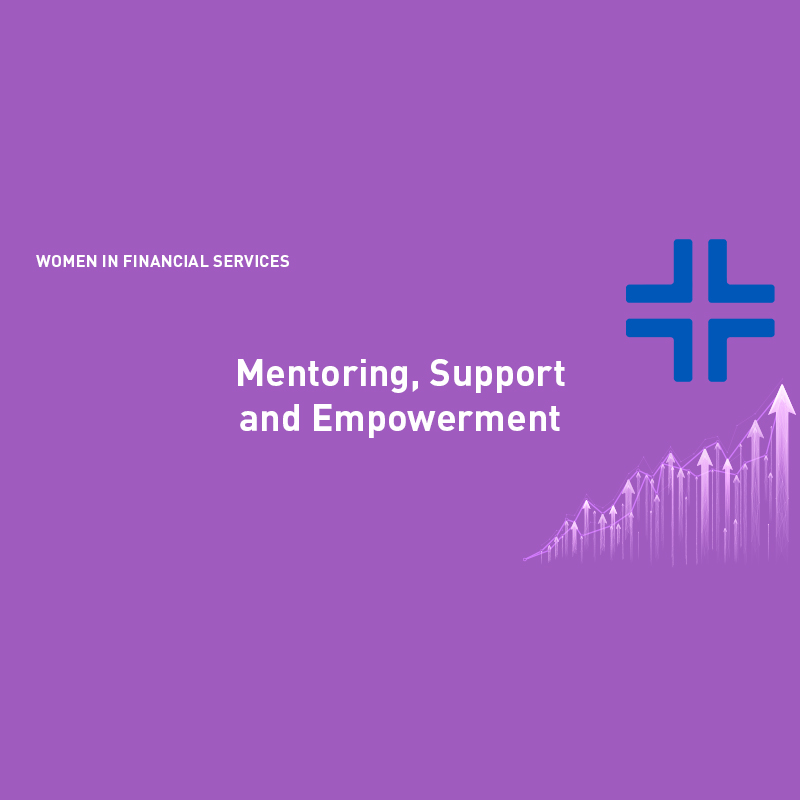With the creation of Withum’s Women in Financial Services group, our goal is to strengthen and support women in the financial services space through developing new relationships, creating opportunities and strengthening the network and community of female executives.

Included in this initiative is spotlighting our women clients, friends and founders on their experiences and successes. This month, Withum’s Colleen Fay sat down with Linda Greub from Avestria Ventures to discuss her challenges and successes of fund investments.
1. Was this your first investment exit? If so, how was your experience?
Alydia (which was acquired by Organon in June 2021) was our first exit at Avestria while Uqora (which was acquired by Pharmavite in July 2021) followed shortly after. We’re incredibly excited not only for both Alydia and Uqora but also for what these exits mean for women’s health innovations. With networks and resources like Organon’s and Pharamvite’s respectively, Alydia’s device to help control postpartum hemorrhage and Uqora’s urinary tract health products now can reach an increased number of women, give them the care and the tools they need, and help improve the health of women around the world.
2. What are three things that you have taken away from this experience to apply to your next fund investment exit?
One of the most important things that any company should keep in mind when looking for any strategic partner, such as a possible acquirer, is to find the right one.
The right partner doesn’t have to be the biggest name in the space; instead, it has to be the best fit for you, your company, and your company’s mission, goals, and values. The second thing is to seek out these partners – and to have conversations with them – early: do your research, figure out how a partnership between the two of you might be mutually beneficial, ask them what milestones they’re looking for, and send them updates along the way. Finally, one of the trends that we’re most excited about, following these exits, is that major players like Organon and Pharmavite, are seeing the value in women’s health products and offerings. We hope that other strategic players follow suit and that we’ll be seeing more women’s health exits in the future.
3. What was the biggest challenge in preparing for the sale/exit?
One of the biggest challenges is to stay patient. In the media, we hear a lot about successful exits after they happen but we don’t often hear about how they happened and how ever-changing the process can be: timelines can be pushed back, documents can be changed, some information can be revealed while some has to stay confidential.
Patience is also relevant even before the talk of an exit, especially for women’s health companies. When fundraising, women’s health startups have often been told that they’re addressing “niche” markets and they have been historically underfunded as a result. We hope that the public support for women’s health and the recognition of its value – as seen by the Alydia exit, Uqora exit, and others – will trickle down to VCs and other investors as well
4. What is one piece of advice that you would offer for an emerging manager ahead of their first exit transaction?
First thing, if one of your portfolio companies is in talks for an exit, congratulations! Exits, while incredibly exciting, can be tough for the startups, though: the company has to navigate the exit transactions while keeping their day-to-day operations consistent and without losing the value of the services they provide to their customers or users or patients. For any manager, ask your portfolio company what you can do to help: whether it’s by making connections, offering advice or, as we mentioned before, simply being patient.
One of the best things that you can bring to them – both before, during, and after an exit – is support.
Contact Us
Contact Withum’s Financial Services Team to help address your questions.


